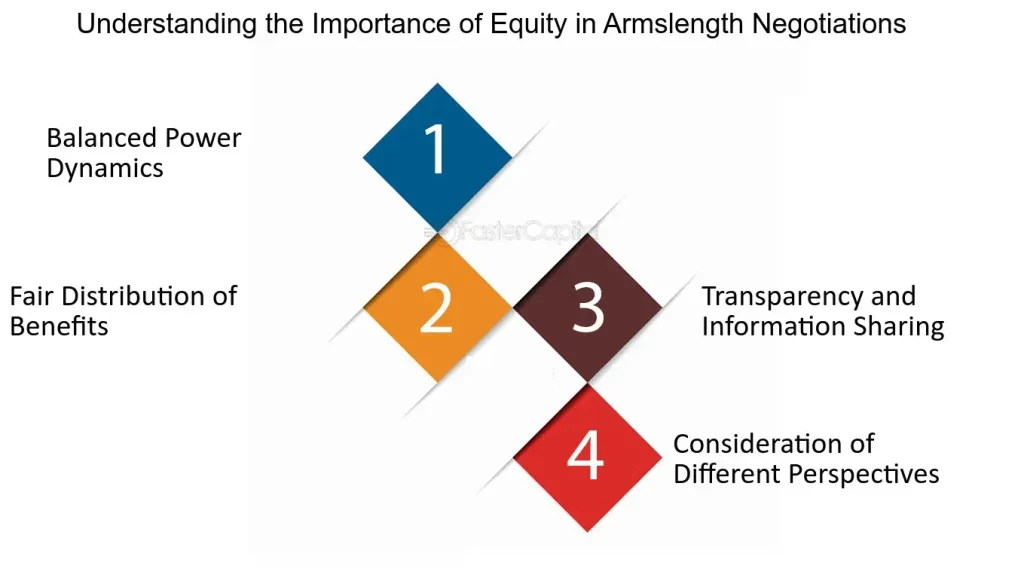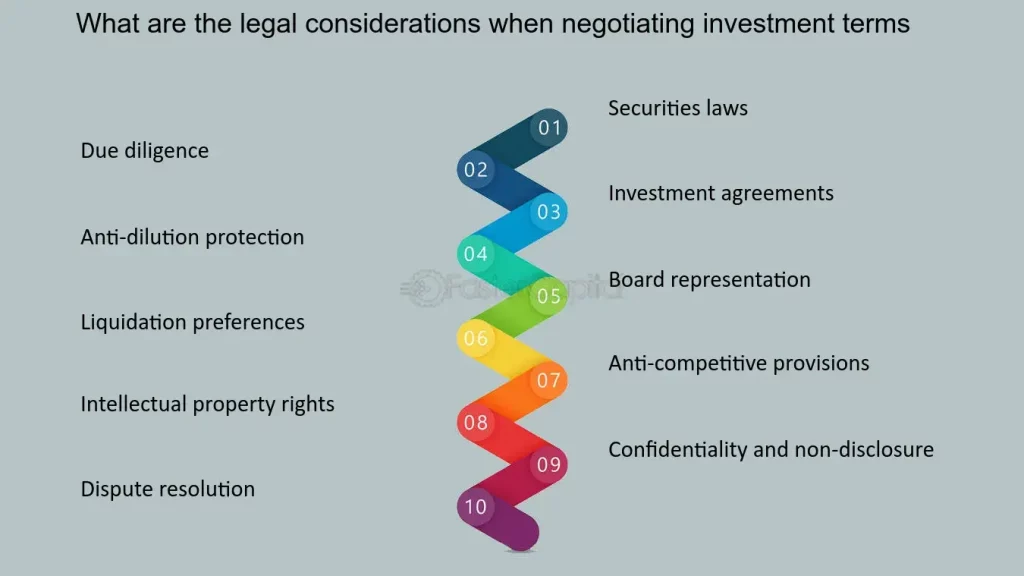How to Negotiate Equity in a Startup like a Pro
Joining a startup can be an exhilarating and potentially lucrative opportunity, but negotiating your equity stake can be daunting. As an experienced human writer, I’m here to share my insights on how you can Negotiate Equity in a Startup like a Pro and ensure you get the best possible deal.
Table of Contents
Understanding Equity in a Startup
Equity in a startup refers to your ownership stake in the company. This can include stock options, restricted stock units (RSUs), or other equity instruments. The amount of equity you receive can significantly impact your long-term financial well-being, as the value of your shares can skyrocket if the startup is successful.
The Importance of Negotiating Equity
Negotiating your equity stake is crucial because it can determine how much of the company’s future success you can share. If you accept the first offer without negotiating, you may miss out on a larger slice of the pie. Conversely, if you negotiate effectively, you can secure a more favorable equity position that could pay dividends.

More information in Wikipedia
Preparing for Equity Negotiation
Before you start negotiating, it’s essential to do your homework. Research the company’s valuation, industry benchmarks for equity compensation, and the typical equity packages offered to employees in similar roles. This information will give you a solid foundation and help you make a compelling case during the negotiation process.
Also Read: Fintechzoom Best Credit Cards for Savvy Spenders
Factors to Consider When Negotiating Equity
When negotiating your equity stake, there are several key factors to consider:
- Company Stage: The earlier the startup stage, the more equity you may secure, as the company’s valuation is typically lower in the early stages.
- Your Role and Responsibilities: The more critical your role and the more value you bring to the table, the stronger your negotiating position will be.
- Vesting Schedule: Understand the vesting schedule, which determines how quickly your equity will “unlock” over time. Negotiate for a favorable vesting schedule that aligns with your long-term commitment to the company.
- Dilution: Be aware of the potential for future dilution, which can occur when the company issues new shares or raises additional funding.
- Liquidity Events: Consider the potential for future liquidity events, such as an initial public offering (IPO) or acquisition, which can determine the ultimate value of your equity.
Strategies for Negotiating Equity in a Startup
When it comes to negotiating equity, there are several effective strategies you can employ:
- Understand the Company’s Needs: Approach the negotiation from the company’s perspective and identify ways to add value. This can give you leverage to ask for a higher equity stake.
- Start High: Begin your negotiations with a higher equity percentage than you’re willing to accept, leaving room for compromise.
- Leverage Competing Offers: If you have other job offers or opportunities, use them as bargaining chips to negotiate a better equity deal.
- Prioritize Equity over Salary: In some cases, accepting a lower salary in exchange for a more substantial equity stake may be beneficial.
- Negotiate Vesting Terms: Work with the company to establish a vesting schedule that aligns with your long-term commitment to the organization.

Common Mistakes to Avoid During Equity Negotiation
When negotiating equity, it’s essential to avoid common pitfalls that can undermine your efforts:
- Need to Understand the Terminology: Familiarize yourself with industry-specific terms and concepts to ensure you’re on the same page as the company.
- Accepting the First Offer: Be bold and negotiate; the first offer is rarely the best.
- Neglecting to Consider Dilution: Remember that your equity stake may be diluted over time as the company issues new shares.
- Overlooking Vesting Schedules: Ensure that the vesting schedule aligns with your long-term goals and commitment to the company.
- Ignoring Legal Considerations: Consult with a legal professional to ensure the equity agreement is fair and legally binding.
Legal Considerations When Negotiating Equity
Navigating the legal aspects of equity negotiation is crucial. Be sure to consult with a qualified attorney who can review the equity agreement, advise you on the implications of the terms, and ensure that your interests are protected.

Resources for Learning More About Equity Negotiation
If you’re looking to deepen your understanding of equity negotiation, there are numerous resources available:
- Online Tutorials and Guides: Explore comprehensive guides and tutorials on equity negotiation tactics and best practices.
- Industry Publications: Read industry-specific publications and blogs and Stay current with the latest trends and insights.
- Networking Events: Attend local startup events or join online communities to connect with experienced professionals and learn from their equity negotiation experiences.
Real-life Examples of Successful Equity Negotiations
To illustrate the principles we’ve discussed, let’s look at a few real-life examples of successful equity negotiations:
- Jane, a Software Engineer at a Promising Fintech Startup: Jane negotiated a 2% equity stake by highlighting her critical role in the company’s technical roadmap and her previous experience at a successful startup.
- Alex, the Head of Marketing at a Growing SaaS Company: Alex leveraged a competing job offer to negotiate a 1.5% equity stake and a more favorable vesting schedule, ensuring his long-term commitment to the company was rewarded.
- Samantha, the Co-founder of a Sustainable Fashion Brand: Samantha and her co-founder secured a 50/50 equity split by clearly defining their respective roles and responsibilities and demonstrating their complementary skills.
Frequently Asked Questions
Q: When is the best time to negotiate equity?
A: The best time to negotiate equity is typically during the initial hiring process or when you’re considering a new role within the company. However, you may also have opportunities to renegotiate your equity stake as the company grows and achieves new milestones.
Q: How much equity should I ask for?
A: The amount of equity you should ask for can vary depending on various factors, such as your role, the company’s stage, and industry benchmarks. As a general rule, aim for a percentage that aligns with your contributions and the long-term value you can bring to the organization.
Q: What happens if the company is acquired or goes public?
A: If the company is acquired or goes public, the value of your equity stake can increase significantly. However, it’s essential to understand the terms of your equity agreement, as there may be restrictions or vesting schedules that determine how and when you can access the value of your shares.
If you’re ready to take your career to the next level and maximize your equity in a startup, schedule a consultation with our experienced negotiation experts. We’ll work with you to develop a personalized strategy that will help you secure the best possible equity deal.
Conclusion
Negotiating equity in a startup is a critical step in securing your financial future and aligning your interests with the company’s long-term success. By understanding the key factors, employing effective strategies, and avoiding common pitfalls, you can position yourself as a valuable asset and negotiate an equity stake that reflects your contributions.
Remember, the key to successful equity negotiation is preparation, research, and a willingness to advocate for your worth. With the right approach, you can maximize your share and reap the rewards of your hard work and dedication.







